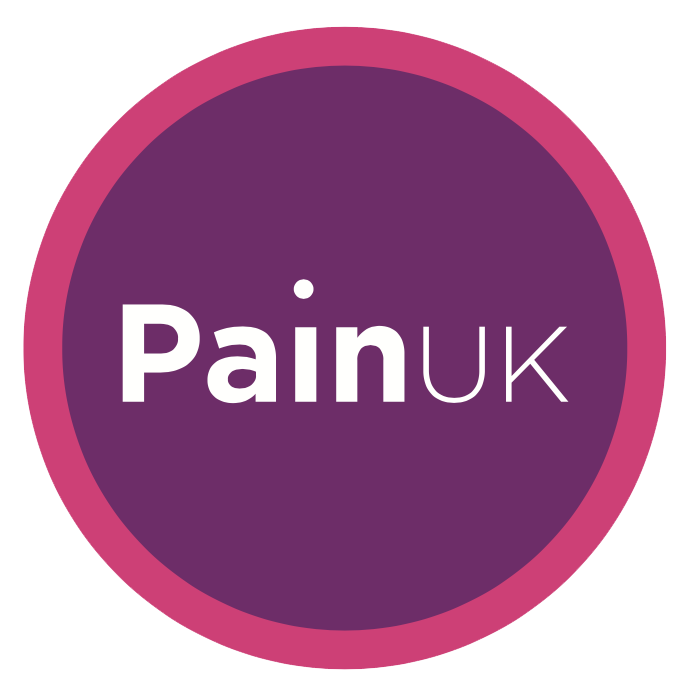
Dystonia UK
Dystonia UK is the only national charity dedicated to helping people living with dystonia. First founded in 1983, we provide information, are active members of policy making organisations and support research.
We help raise awareness of dystonia through national campaigns and connect the dystonia community across the UK at online and in person events, support group meetings and through our Dystonia Matters magazine and podcast.
If you or someone you know have been diagnosed with dystonia, Dystonia UK and our volunteers are here for you.
- Take a look at our website www.dystonia.org.uk for lots of information and advice on living with dystonia.
- Join us at one of our regular virtual or in person events across the country!
- Listen to real life stories from the community on our Dystonia Matters podcast.
- Come along to one of our regional support group meetings run by volunteers to share experiences and meet others living with dystonia.
- Sign up to our e-newsletter and social media channels (@DystoniaUK).
FAQS
Dystonia is a neurological movement disorder that presents with uncontrollable muscle spasms caused by incorrect signals from the brain, which can, for some, be painful. It is the third most common movement disorder behind Parkinson’s and essential tremor.
Dystonia affects both adults and children. There are many different causes and types of dystonia. How it affects people and the way it might change or progress over time depends on the underlying cause.
However, the severity of symptoms can vary from one person to another, even if they have the same cause or type.
It is usually a lifelong condition, however, in most cases it is not life limiting. While currently no cure, there are several treatments available that can help relieve the symptoms and scientists around the world are actively pursuing research toward new therapies.
Dystonia affects people of all backgrounds, ages, races and circumstances.
Dystonia is triggered by incorrect signals from the brain.
These may be caused by genetics, a brain injury, a drug reaction or as a symptom of another condition but in some cases, there is no known or clear cause.
Dystonia can affect any region of the body. The symptoms can vary a lot between the different types of dystonia.
Common symptoms of dystonia may include:
- uncontrolled muscle cramps and spasms
- body parts twisting into unusual positions
- shaking (tremor)
- uncontrolled blinking
- vision loss
- a breathy or strangled-sounding voice
- slurred speech
- hand cramps
Some people with dystonia experience pain while others report none. Pain is more commonly experienced by those with neck dystonia and generalised dystonia although some people with other types also report experiencing pain.
Yes! You may also hear it referred to by names like: Cervical dystonia, Blepharospasm, Generalised dystonia, Focal dystonia, Dopa-responsive dystonia, Myoclonic dystonia, Paroxysmal dystonia, Tardive dystonia, Functional dystonia, Oromandibular dystonia, Spasmodic torticollis, Meige syndrome, Hemidystonia, Spasmodic dysphonia
Contact Dystonia UK
Website: www.dystonia.org.uk
Email: info@dystonia.org.uk
Tel: 020 7793 36351
Social: @DystoniaUK

You must be logged in to post a comment.